This summer’s incredible American Express offers on the Platinum, Bonvoy, and Aeroplan cards will end in less than a week. Whether you’ve already applied for new credit cards or have yet to commit, it’s time to cement your strategy.
I remember when I first got into Miles & Points, as a low spender and cautious with annual fees, I often procrastinated signing up for intimidating offers. If you’re anything like that, I’m sure you’re frantically fretting about how to maximize these outrageous promotions before they expire.
We’ve talked a fair bit about the numbers and strategies behind which cards to apply for this summer. In this article, I wanted to approach the offers from a different angle: with so many offers available on both new and existing cards, where should you put your spending?
Even medium-to-high spenders may have trouble meeting the requirements for several cards in parallel, let alone low spenders who find it to be a limiting factor. Let’s walk through some considerations about the value proposition on the key spending goals that should be on your radar this summer.
| Credit Card | Best Offer | Value | |
|---|---|---|---|
| 140,000 MR points | $2,021 | Apply Now | |
|
Up to 90,000 Aeroplan points
$599 annual fee
|
Up to 90,000 Aeroplan points | $1,042 | Apply Now |
|
85,000 Aeroplan points
$599 annual fee
|
85,000 Aeroplan points | $858 | Apply Now |
|
40,000 Aeroplan points
$120 annual fee
|
40,000 Aeroplan points | $573 | Apply Now |
|
60,000 Bonvoy points
$150 annual fee
|
60,000 Bonvoy points | $410 | Apply Now |
|
55,000 Bonvoy points
$120 annual fee
|
55,000 Bonvoy points | $368 | Apply Now |
First Things First: Cash Back Offers
Before you start optimizing your Return on Spend, be sure to cash out any Amex Offers you have on your account.
As long as you’re buying things that you’d buy anyway, these are straight-up discounts. It’s free money in your pocket.
Here’s a quick review of some of the current Amex Offers which you may have been targeted for. They all stack, so for example you could trigger the Discover Canada credit and the Marriott credit with the same purchase, while also earning regular points on spending.
- Discover Canada: Spend $250 on hotels and get $50 back, once each in British Columbia, Alberta, Ontario, and Quebec
- Marriott Bonvoy hotels: Spend $350 and get $100 back, or spend $200 and get $50 back
- Shop Small: Spend $10 and get $5 back, up to 10 times per card
- Business Platinum: Spend $500 and get $50 back, twice (ending on July 31)
- Air Canada: Spend $100–400 and get $25–50 back (also available on TD and CIBC Aeroplan cards, terms vary by card)
Also, it’s your last chance to use the Aeroplan Reserve Card’s $150 grocery credit, ending July 31.
These Amex Offers are good for a no-brainer 10–50% Return on Spend, but your return is fixed-value cash back. Can we get even higher returns from points bonuses, which can be redeemed for outsized value?
Summer of American Express: New vs. Existing Cardholder Offers
Amidst these all-time high signup bonuses, American Express has also made sure to take care of their existing customers.
As a reminder, these signup bonuses are split into a few parts. On top of the base bonus, second-year bonus, and monthly bonuses, each card’s offer has a boosted earn rate. You’ll earn 10x points on premium cards or 5x points on mid-tier cards, on up to $5,000 spent on eats and drinks.
The boosted earn rate on eats and drinks extends to existing cardholders with Amex’s personal products as well: 10x points on the Platinum or Aeroplan Reserve cards, or 5x points on the Bonvoy or Aeroplan cards, up to $5,000 spent.
I imagine many of us have the existing cardholder offer on our old cards, but are also opening new cards at this time.
If your spending is tight, should you apply for a new record-breaking offer, and skip the bonus on your old cards? Or should you pass on a new card and focus on the ones you’ve got?
You’ll get more points with a new application, as the $5,000 will also count towards the other parts of the welcome bonus. But you’re also on the hook for a brand-new annual fee, chipping away at that extra value.
Here’s a look at the Return on Spend for the popular personal cards in both situations:
Card | New Cards | Existing Cards |
Aeroplan Reserve | 43% | 21% |
Platinum | 36% | 22% |
Aeroplan | 29% | 11% |
Bonvoy | 14% | 5% |
Even with the additional costs of a new card, you’ll still generally get a higher Return on Spend than if you just spent towards the offers on your old cards.
Further complicating matters, the boosted earn rate for existing cardholders ends on September 23 (three months after it launched, and now less than two months away), while new cardholders have six months from their application date to maximize the promotional rate.
Indeed, I’d say one of the biggest advantages of these 150,000-point signup bonuses is that the six-month spending deadline gives just about anyone a realistic chance to score a gigantic reward that might usually be out of reach, and which definitely can’t be achieved on existing cards with or without a promotion.
Still, with a little creativity, you might be able to hit more bonuses than you expect. One strategy which I’m personally using is to stagger my spending efforts:
- First, I’m spending $5,000 on my old Bonvoy Card before September 23, the earliest deadline.
- Later, after September 23, I’ll shift my efforts to my new Platinum Card. With six months of runway, I have until the end of January 2022 to maximize the welcome offer, more than enough time to accommodate my other cards.
- Meanwhile, I’m continuing to meet the monthly spending requirements on my new Aeroplan cards. I’m just barely meeting the minimum each month, so as not to compete against my efforts on my other cards. Again, I have six months to meet all requirements, and the monthly structure of the bonuses means that I benefit from spreading out my spending anyway.
Make no mistake: the new cardholder offers are incredibly lucrative. As you choose which cards to spend on, you should definitely prioritize them over any offers you have on existing cards.
The only exception is if you can’t take on additional annual fees at this time, but rest assured that the value is certainly there if you do.
Spend Your Way to Elite Status: Is It Worth It?
The Summer of American Express got a lot more complicated when Aeroplan announced that premium cardholders can spend their way to higher elite status. Surely that’s a good problem to have, right?
To recap, you can bump yourself up to the next status tier by spending $10,000 on your premium Aeroplan card before October 15 (if you opened the card in 2020 or earlier), or before November 30 (if you opened the card in 2021).
This spending window coincides with all of the current Amex offers. For low spenders, there’s an opportunity cost. For example, if you can only spend $10,000 over the next few months, you could pursue the Aeroplan status offer, but at the expense of a second Amex all-time high.
Therefore, we need to try to pin down the value of an Aeroplan Elite Status tier upgrade. I’ll leave it to T.J. to do a deep dive sometime, as the benefits can be quite situational and hard to quantify.
For the sake of simplicity, let’s just look at the value of eUpgrades, which T.J. has recently pegged at $90. Here’s a look at the number of eUpgrades you can earn each time you go up a tier, assuming you choose them for your Select Benefits:
Aeroplan Status | eUpgrades | Return on $10,000 Spend |
None to 25K | +25 | 22.5% |
25K to 35K | +5 | 4.5% |
35K to 50K | +10 | 9% |
50K to 75K | +15 | 13.5% |
75K to Super Elite | +15 | 13.5% |
There’s good value here at the low end for low spenders. If you don’t have status, you can spend your way to Aeroplan 25K status and 25 eUpgrades with $10,000 in four months, achieving a 22.5% effective Return on Spend.
The value is less clear moving up to Aeroplan 35K, where a lot of the other perks can be achieved just by having a premium Aeroplan credit card. If your Miles & Points game relies on maximizing efficiency, I think you’d be better-served devoting $10,000 of spending to a couple of new all-time-high welcome bonuses, or even the offers on your existing Amex cards.
Things get interesting at Aeroplan 50K and above, where more benefits kick in, like Star Alliance Gold, complimentary preferred seats, and Priority Rewards on premium economy and (for Super Elite members) business class. There’s tons of extra value here that isn’t captured by eUpgrades alone, and at these tiers I’d definitely make sure I’m putting enough spending towards this opportunity.
Suffice to say, the higher you are on the status ladder, the more value you’ll get from moving up. (That being said, if you’re spending enough on Air Canada flights to reach those lofty levels of status in the first place, spending $10,000 on your premium Aeroplan card before October 15 probably won’t be too much of a challenge.)
In any event, the American Express Aeroplan Reserve Card is the way to go to upgrade your status. Even currently at their own all-time highs, the welcome bonuses on the Aeroplan Visa Infinite Privilege cards from TD and CIBC don’t remotely come close to Amex’s 150,000 points.
Again, the only exception is if you already have a TD or CIBC premium card and don’t want to add the annual fee of the Amex Aeroplan Reserve Card right now.
This might be the case if you value elite status and the perks of having a premium co-branded card more highly than you value Aeroplan points. If that’s you, I’d avoid the high-priced Aeroplan Reserve Card, as you’d just be paying top dollar for duplicate benefits.
Is Business Platinum Still King?
Long seen as the crown jewel of Canadian credit cards, the Business Platinum Card from American Express is no slouch this summer.
While the personal Platinum and Aeroplan Reserve cards are getting all the hype, the Business Platinum was the first to recently set an all-time high, with a welcome bonus of 100,000 MR points. At the time it was announced, it was the biggest welcome bonus ever in Canada.
So how does it compare? The all-time-high bonus also comes with an all-time-high spending requirement, at $10,000.
That’s good for a Return on Spend around 20%, comparable with the personal Amex cards but still a bit short of those crazy offers.
In my opinion, the real kicker is the spending deadline. The personal cards are all giving new cardholders six months, whereas the Business Platinum, with the highest total spending requirement, is only giving three months to meet the threshold.
That works out to an average of $3,333 spent per month on the Business Platinum, far higher than the top-tier personal Platinum and Aeroplan Reserve cards, which only demand $1,000 per month of your spending allocation.
Even both of the premium personal cards combined, plus a mid-tier core Aeroplan or Bonvoy card, would be a lower spending target, with two to four record-breaking welcome bonuses instead of just one.
For existing cardholders only, the Business Platinum is offering an effective boosted earn rate through an ongoing Amex Offer. You’ll earn 10x bonus MR points until September 14, up to $2,500 spent.
The Return on Spend here is on par with the existing cardholder offers on the Platinum and Aeroplan Reserve cards. If you have a few of these products, I’d spend on the Aeroplan cards first – by earning Aeroplan points directly on a co-branded card rather than from an MR transfer, those points will count towards Everyday Status Qualification and other ways to earn Status Qualifying Miles and Segments by spending.
The Business Platinum is still the best card to start with if you can capitalize on its all-powerful refer-a-friend bonuses of 20,000 MR points each, but otherwise, I’d hold off and focus on the other cards for now.
What About the Improved Cobalt Card?
When one door closes, a window opens. Not long after these glorious offers end, the American Express Cobalt Card is getting an exciting facelift.
The card will see some big improvements, with points soon transferable to airlines as full-fledged Membership Rewards. But those improvements come at a modest cost: the monthly fee is going up from $10 to $13, with the new rate kicking in after your next cardholder anniversary.
If you apply now before the new terms take effect on August 16, you’ll be locked in at the old monthly fee for a full year, but with all the new benefits.
It’s tempting to get the Cobalt Card at its all-time high, on the cusp of an annual fee hike. However, with the offers on the Platinum, Aeroplan Reserve, and Aeroplan cards so disproportionately high right now, if you had to choose just one, I’d actually put the Cobalt Card at the bottom of the list.
In its first year, the Cobalt Card earns 5x points on eats and drinks, plus 2,500 bonus points per month, equivalent to a total of 10x points on $500 of monthly spending. I don’t expect that structure to change, so I’d say there’s no rush to get the card.
On the other hand, the Platinum and Aeroplan Reserve cards earn 10x points on eats and drinks for the duration of the welcome period, plus the rest of the bonus, totalling 100,000 additional points.
These top-tier Amex cards are likely never going to come close to offering this many points again, nor this level of Return on Spend. For a low spender, this is your best chance to get those cards, if you ever intend to.
Low-Hanging Fruit: What’s Next?
Once you’ve maxed out your capacity to take on new Amex cards, there are a few other extremely strong credit card offers out there. You might want to nab one or two of these for any leftover spending, or for stores that don’t take Amex.
I’m always on the lookout for low-hanging fruit offers with low fees and/or low spending requirements. They play an important role in anyone’s wallet, whether as a primary strategy for lower spenders or as a secondary piece for higher spenders.
- RBC Avion Visa Infinite ($120 annual fee): 35,000 Avion points, no spending requirement = infinite Return on Spend
- TD Aeroplan Visa Infinite Privilege ($599 annual fee): 50,000 Aeroplan points + Buddy Pass, $1,000 spending requirement spread over three months = 111% Return on Spend with an average $333 monthly spend requirement
- TD or CIBC Aeroplan Visa Infinite (First Year Free): 20,000 Aeroplan points + Buddy Pass, $1,000 spending requirement spread over three months = 107% Return on Spend with an average $333 monthly spend requirement
- Scotiabank Gold American Express Card (First Year Free):
- First threshold: 31,000 Scotia Rewards points with $1,000 spending requirement = 31% Return on Spend with an average $333 monthly spend requirement
- Second threshold, entirely spent on eats and drinks: 87,500 Scotia Rewards points with $7,500 spending requirement = 12% Return on Spend with an average $625 monthly spend requirement over a year
I’d keep a close eye on these offers, and consider getting them now if you have a bit of spending to spare once you’ve had your fill from Amex.
TD’s offers are ending on August 16, but it’s hard to say if they’ll change. RBC and Scotiabank recently extended their all-time-highs, and I’m hopeful that TD will do the same in a competitive marketplace.
| Credit Card | Best Offer | Value | |
|---|---|---|---|
|
Up to 85,000 Aeroplan points†
$599 annual fee
|
Up to 85,000 Aeroplan points† | $871 | Apply Now |
|
Up to 40,000 Aeroplan points†
First Year Free
|
Up to 40,000 Aeroplan points† | $683 | Apply Now |
| 35,000 RBC Avion points† | $580 | Apply Now | |
|
Up to 40,000 Aeroplan points†
$139 annual fee
|
Up to 40,000 Aeroplan points† | $525 | Apply Now |
|
40,000 Scene+ points
$120 annual fee
|
40,000 Scene+ points | $355 | Apply Now |
Conclusion
While I prefer to use Net Gain and Return on Fees to measure my own rewards, I can’t deny that Return on Spend is a major factor for lower spenders. Opportunities are more limited, and it’s harder to optimize the value you get for every dollar spent.
It’s critical to try to make the most of these offers. With so many all-time highs flying around, you still want to get the best of the best available bonuses for your situation.
I can’t emphasize enough how advantageous it is to have six months to meet all spending requirements. I’ve found that tight deadlines are one of the biggest limitations for people looking to level up their Miles & Points game. For that reason, I’d highly recommend that low spenders put those cards first, taking a close look at the average monthly requirements as you try to fit multiple pieces of the puzzle together.
Sometimes the biggest comparative advantage isn’t from one card to another, it’s from today to tomorrow. If you won’t get these cards at their all-time high now, when will you? As I suggested in my Summer of Amex number crunch, targeting the highest all-time highs is an often-overlooked strategy.
As always, don’t bite off more than you can chew, and never take on more spending requirements than you’ll be able to meet. I’m sure that those of you with even the smallest mouths to feed will be able to finalize your gameplan this week to eat as much as you can!










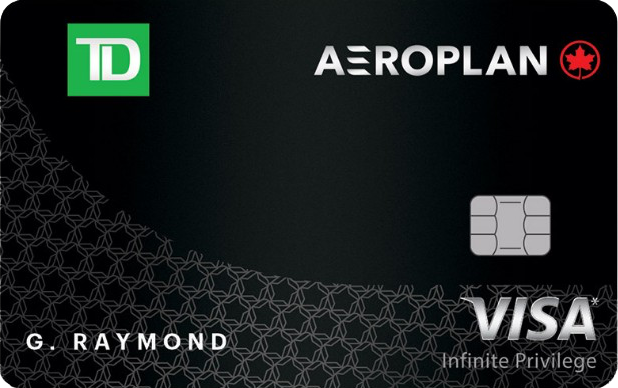
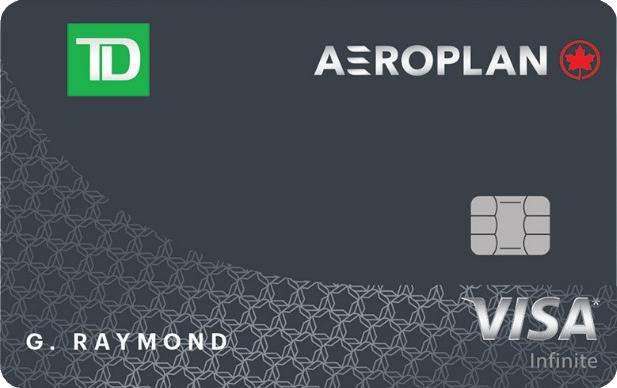
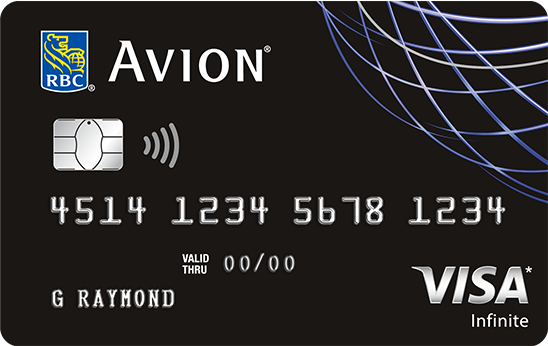
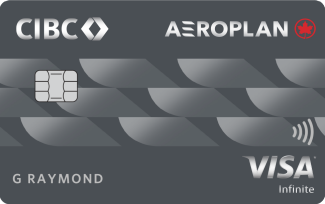
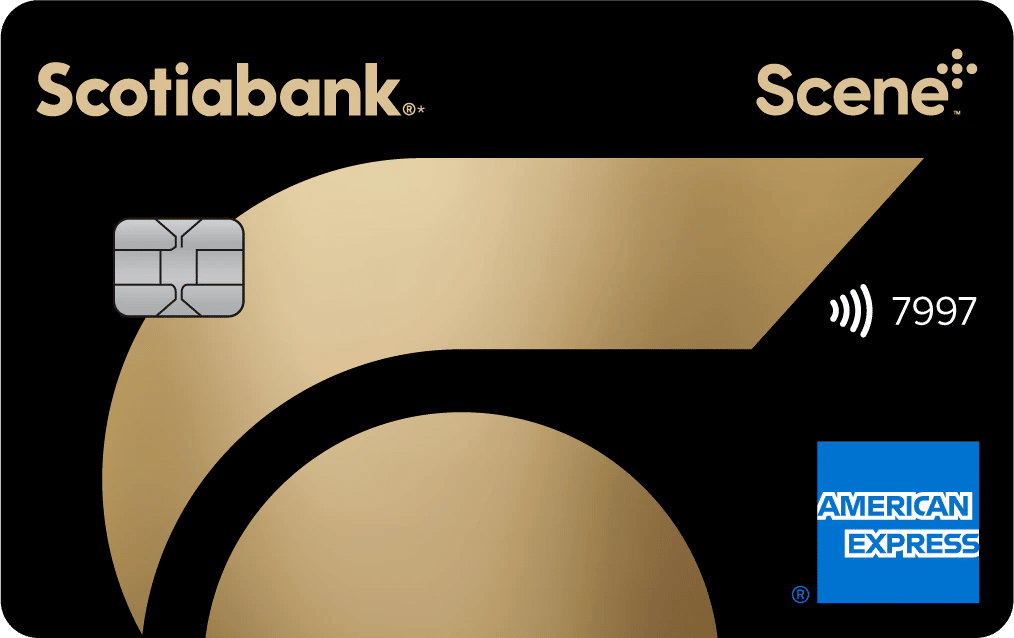


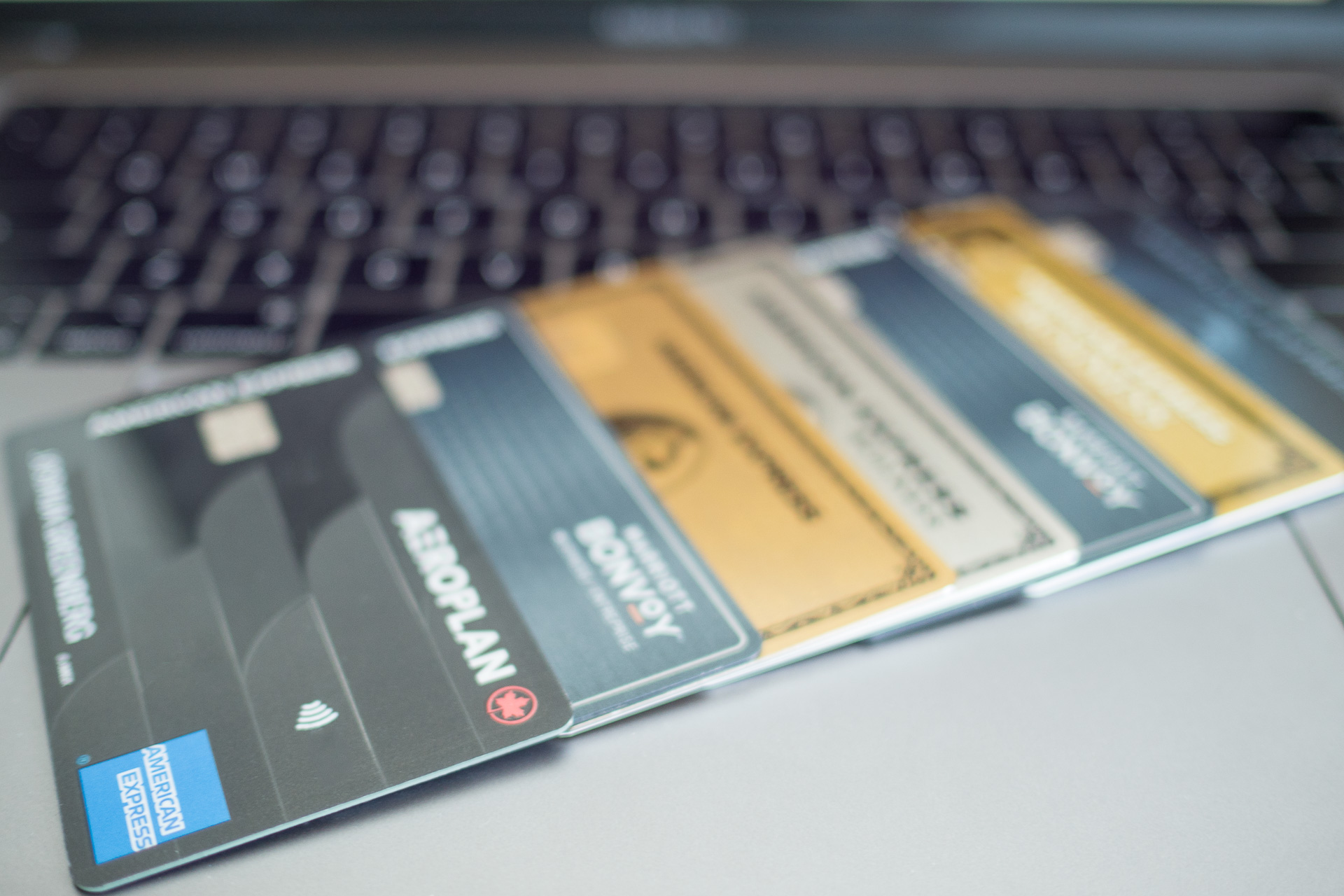

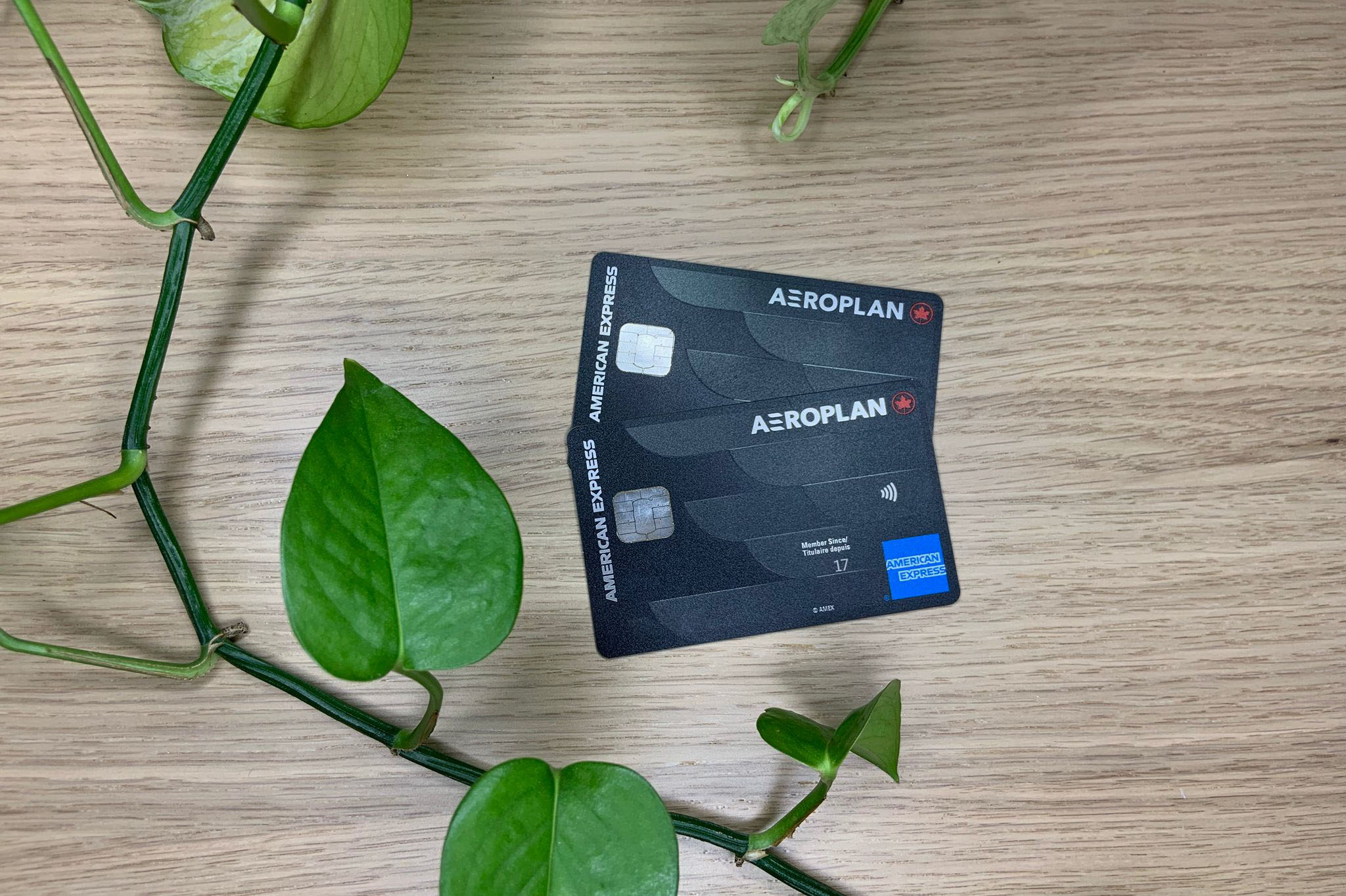
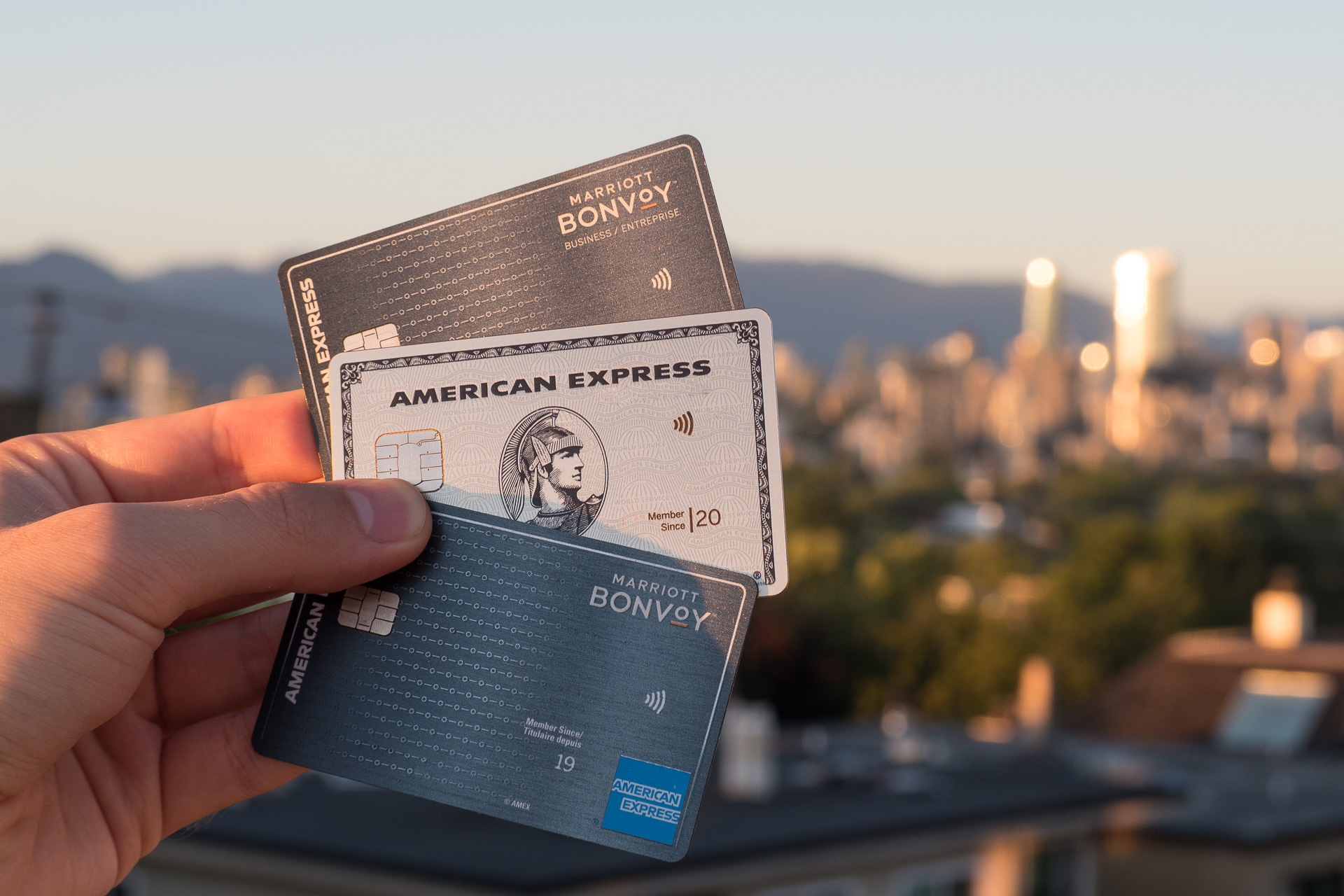












Hello all. I am a newbie to all of this and I think I may have screwed up from the get go. I applied for the American express Reserve Aeroplan Card and thought I had read somewhere the $599 annual fee was waived for the first year. Now I cannot find that information anywhere. Did they change their rules and now the fee is taken off immediatley?
Hopefully not, but if anyone has any information that would be great!
Thank you.
Aaron L.
No, the $599 annual fee was not waived for the first year.
Hey Ricky. Thanks! That’s what I thought. It’s ok though I think I should be able to maximize the rewards so it will still be worth it.
Aaron
I am currently holding the amex cobalt and the aeroplan amex card. My monthly spending is 1000$-1500$ per month. I am able to cover the bonus from cobalt and the 5x offer from the aeroplan core. Should I still go for the aeroplan reserve card ?
I would personally replace the TD AP VIP with the Scotiabank Passport VI. $599 is a hefty annual fee for a low-hanging fruit
It’s low-hanging fruit in the sense that you can earn 80,000 Aeroplan points for $1,000 spend. There are two types of low-hanging fruit, low fees and low spend – pick the one that you can reach! Scotia Passport is definitely a good offer right now too.
Great article Josh – I’m debating about whether or not to go for the AP reserve (already got the MBV and BP this year), P2 just got it and will likely get no status to 25k.
Would love to hear your thoughts! Should I get it too?
If you’ve got spending capacity to spare for the next six months, I’d apply now before these offers end.
This article captures the mind of a churner. My churn binder has a calendar with dates marked down and future action items. The personal bonvoy with offers stacked is 2 (base) + 2.5 (5k for $2k spend) + 5 (eats) with grocery just ended. 9.5 bonvoy/$ not too bad until Aug 31.
Does the TD Aeroplan VIP card allow you to spend your way to increased AP Elite Status, or is it only the Amex version that does this?
Yes, you can spend your way to higher status with TD or CIBC Aeroplan VIP.